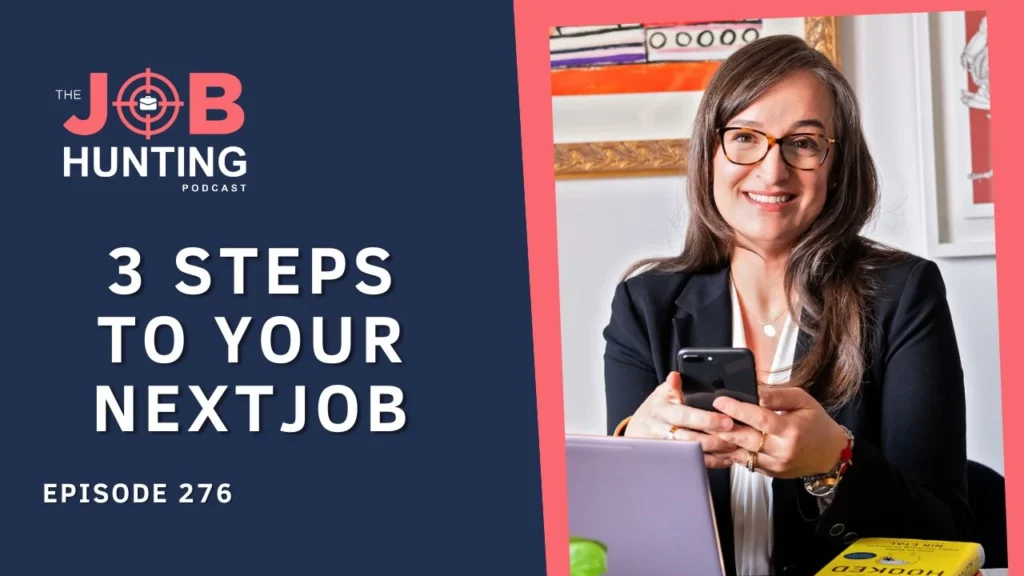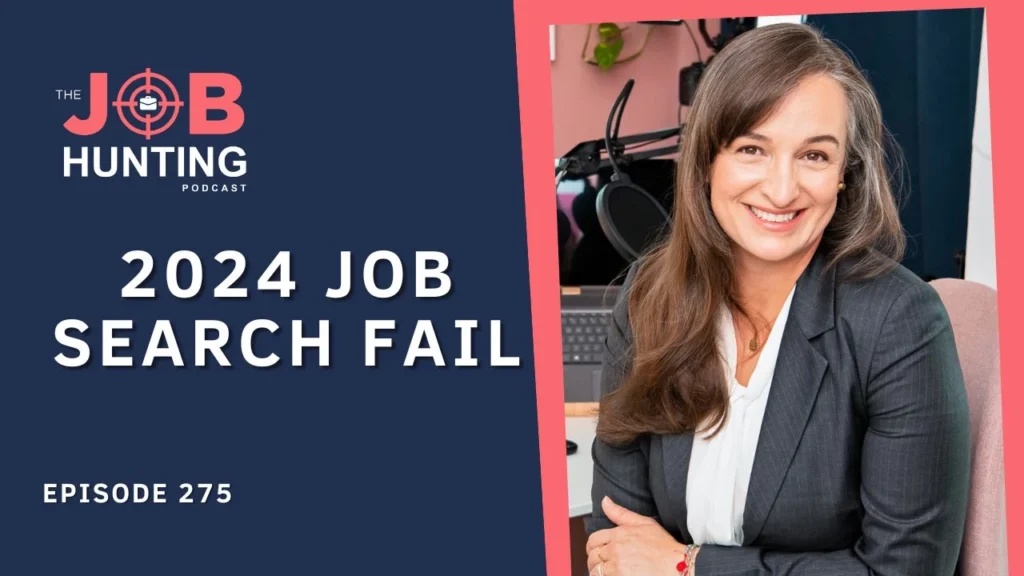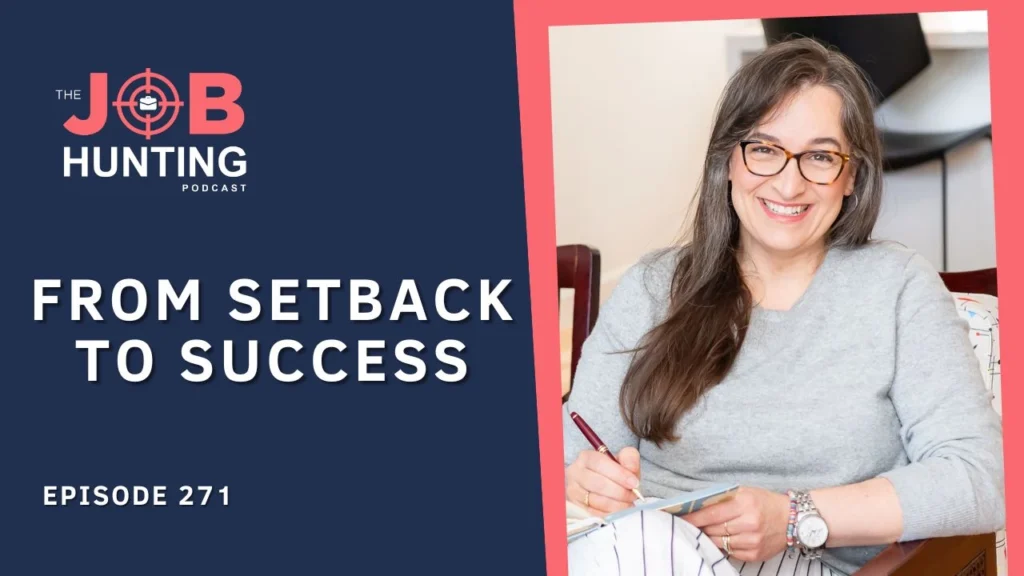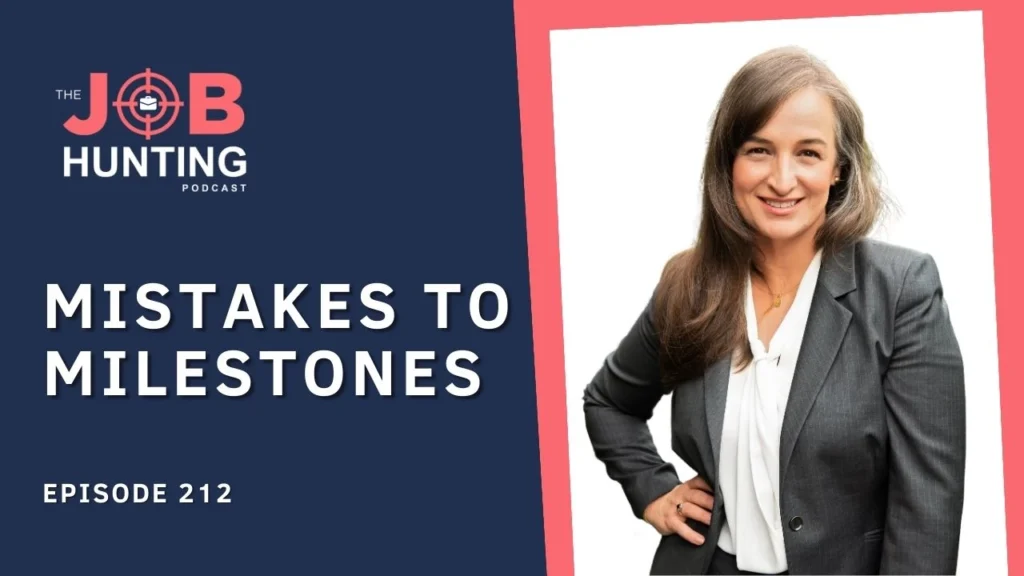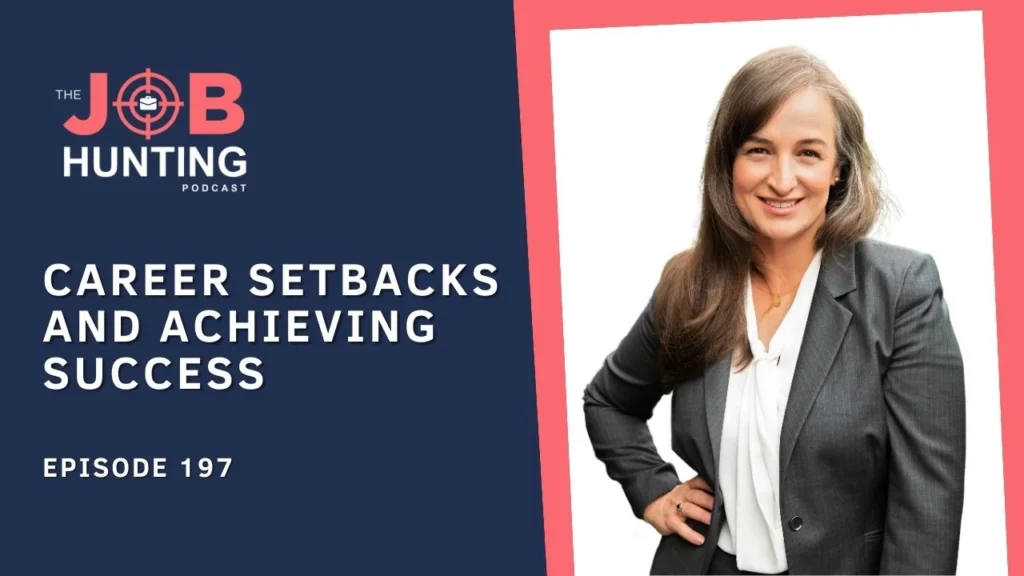Facing a layoff can be daunting and challenging, especially for experienced corporate professionals. The uncertainty and stress of navigating the job market can be overwhelming. This podcast episode and blog will provide valuable insights and actionable advice on managing your job search effectively after being laid off, ensuring you make the most of this transition period.
Understanding Current Layoff Trends
As of May 2024, several industries are undergoing significant changes and job cuts. In the United States, the tech sector has been particularly hard-hit over the past 12 months, with thousands of employees laid off from major companies like Google, Amazon, and Meta. This trend is mainly due to overexpansion and structural changes post-pandemic. Other sectors, such as finance, healthcare, and retail, are also experiencing job cuts, influenced by political cycles, consumer sentiment, and recession fears.
In Australia, job cuts are prevalent in retail and manufacturing as companies restructure and adapt to changing market demands. Telstra, the largest telco company, announced thousands of redundancies. The UK is also seeing significant layoffs in digital services, compounded by early election announcements, which can create further uncertainty in the job market.
The Importance of Networking
Networking is more critical than ever when navigating a layoff. Reaching out to former colleagues, attending industry events, and keeping your LinkedIn profile updated can open doors to unadvertised opportunities. Data shows that clients who have networked since the end of last year have done better than those who haven’t. Networking can open doors to unadvertised opportunities and provide essential support during your job search.
Here are some actionable networking tips:
- Reach out to former colleagues: Maintain and renew professional relationships.
- Attend industry events: Both virtual and in-person events can connect you with potential employers and peers.
- Update your LinkedIn profile: Ensure your profile reflects your latest achievements and skills.
- Join professional groups: Engage with communities relevant to your industry.
- Reconnect with your university alumni: Alumni networks can provide support and job leads.
Skill Development
Skill development is crucial when you’re between jobs. Clients who mix job applications with skill development tend to do better. Use this time to upskill or reskill, focusing on areas in demand in the current job market.
Consider the following:
- Online platforms: Utilize free or affordable courses to gain new skills.
- Certifications: While not always necessary, certifications can boost your credibility.
- Project management and agile methodologies: If applicable, deepen your knowledge in these areas to improve your job prospects.
Mindfulness and Mental Health
Mindfulness can significantly impact your job search! The stress of a layoff can affect your mental health and your job search efforts. Mindfulness practices such as breath work, meditation, and regular exercise can significantly improve your mental well-being and job search outcomes.
Actionable steps include:
- Daily exercise: Boost your mood and energy with regular physical activity.
- Meditation apps: Use apps like Headspace or Calm for guided meditation sessions.
- Mindfulness practices: Incorporate mindfulness into your daily routine to manage stress effectively.
Financial Planning
Managing your finances carefully during unemployment is essential to reduce stress and focus on your job search. Clients who do not worry excessively about money tend to perform better in their job search. Here are some financial planning tips:
- Create a budget: Adjust your budget to accommodate your reduced income.
- Understand your severance package: Make the most of your severance pay.
- Explore unemployment benefits: Ensure you are receiving all available benefits.
- Seek financial advice: Consult a financial advisor to manage your finances during this period.
Personal Branding
Building a solid personal brand is vital when looking for work. This means having a professional online presence and showcasing your skills and achievements. However, many professionals need help to define their personal brand.
To build your personal brand:
- Strengths assessment: Take a strengths assessment test, such as TalentPredicts, to identify your core strengths and values.
- Professional online presence: Ensure your online profiles reflect your strengths and achievements.
- Consistent messaging: Be consistent in how you present yourself across all platforms.
- Engage with a coach: If needed, book a consultation to refine your personal branding strategy.
Freelancing and Gig Work
Consider freelancing or gig work as a temporary solution while you search for a permanent role. Many employers have budget constraints preventing them from hiring full-time but may have short-term opportunities.
Benefits of freelancing include:
- Income stream: Maintain an income while you search for a full-time position.
- Skill enhancement: Gain new experiences and skills.
- Networking: Expand your professional network through short-term projects.
Career Pivoting
A layoff might be the perfect time to consider a career pivot, especially if your current industry is not hiring or you lack enthusiasm for your career path. Think about your transferable skills and their application to different industries or sectors.
Steps to consider:
- Transferable skills: Identify skills that can be transferred to other roles or industries.
- Industry research: Explore sectors that are hiring and align with your interests.
- Professional guidance: Engage with a career coach to navigate the pivot smoothly.
Addressing Optimism Bias
Many job seekers fall prey to optimism bias, underestimating the time it takes to find a new job and delaying seeking professional help. This cognitive bias leads us to believe we are less likely to experience negative events and more likely to achieve positive outcomes compared to others.
To counter optimism bias:
- Realistic expectations: Set realistic expectations for your job search duration.
- Seek early help: Engage with a career coach early in your job search to shorten the duration and reduce stress.
- Acknowledge the complexity: Understand the complexities and competitiveness of the job market.
The Benefits of Working with a Career Coach
Working with a career coach can significantly reduce your unemployment duration and stress. Coaches provide tailored advice, helping you find your uniqueness and competitive advantage. They offer support in various areas, including resume building, interview preparation, and personal branding.
Benefits include:
- Structured support: Coaches provide a structured framework for your job search.
- Accountability: Regular sessions with a coach keep you motivated and accountable.
- Emotional support: Coaches offer emotional support and boost your confidence.
- Enhanced job search skills: Improve your resume, LinkedIn profile, and interview skills with expert guidance.
Conclusion
Navigating a layoff can be challenging, but with the right strategies and mindset, it can also be an opportunity for growth and new beginnings. Leverage your network, develop new skills, manage your finances carefully, and consider personal branding, freelancing, or career pivoting. Address optimism bias and seek early help from a career coach to maximize your job search success. Stay positive, stay connected, and keep moving forward.


